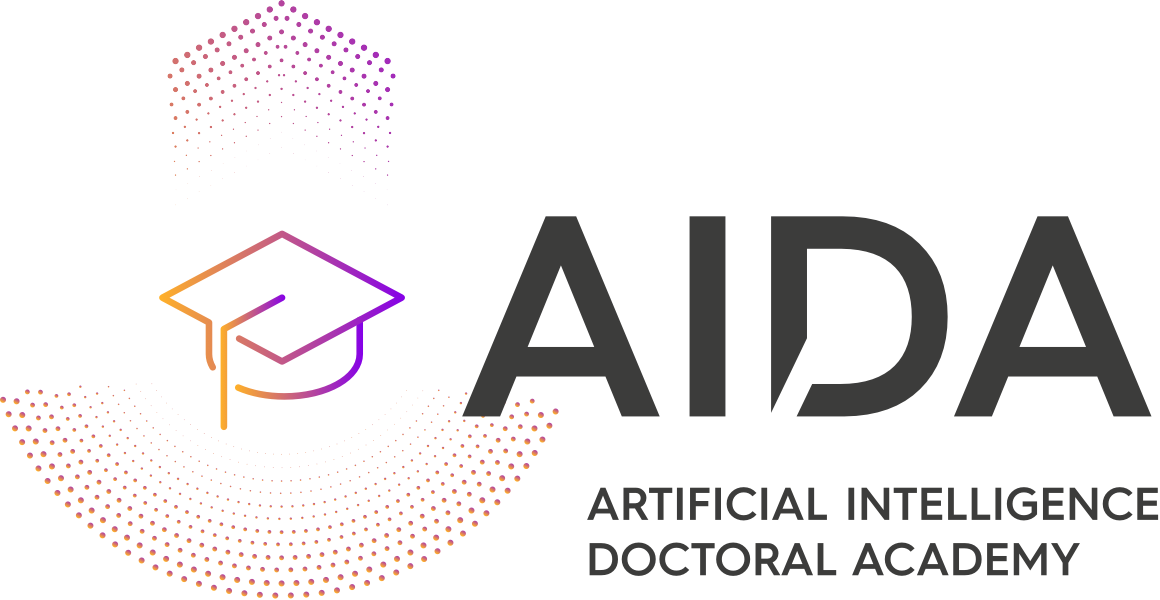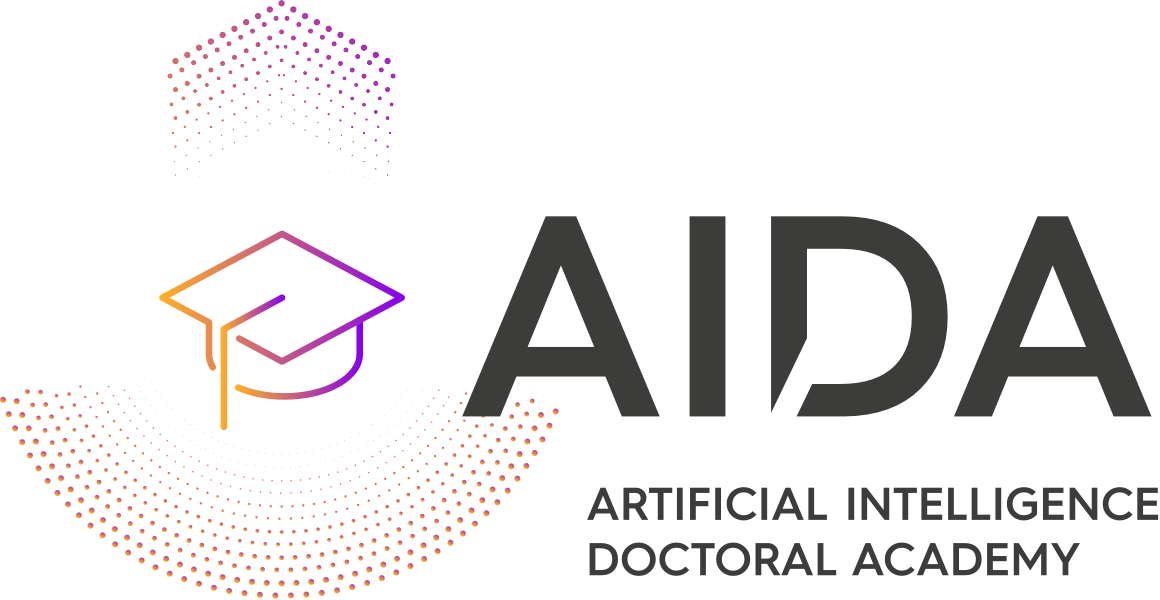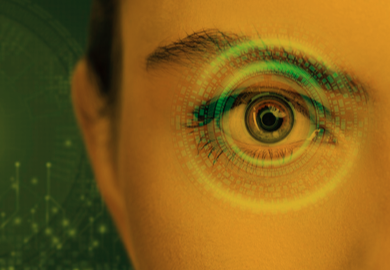
Tuesday 28th February 2023 17:00 – 18:00 CET
Lecture by Prof. Ioannis (Yiannis) Patras online
Recent years have witnessed an unprecedented interest in the analysis and generation of images and image sequences using Deep Learning methodologies. In this talk we will focus on some of our recent works in generative models that are primarily aimed at controllable generation. We will first present unsupervised methods for learning non-linear paths in the latent spaces of Generative Adversarial Networks such that following different paths lead to different types of changes (e.g., removing the background, changing head poses, or facial expressions) in the resulting images. Subsequently, we will present a method that allows local editing by finding a Parts and Appearances decomposition in the GAN latent space. Then, we will present recent works in which supervision comes from language models, such that the generation can be controlled by Natural Language sentences. Finally, we will touch on potential applications.
Ioannis (Yiannis) Patras is a professor in Computer Vision and Human Sensing in Queen Mary University of London and the Director of Research Graduate Studies in the school of Electronic Engineering and Computer Science. He obtained his BSc and MSc in the Computer Science Department in the University of Crete, his PhD in Delft University of Technology and held research and academic positions in the University of Amsterdam and The University of York. His research interests are in Computer Vision and Machine Learning methods, with a particular emphasis on applications in Multimedia Analysis and Affective Computing. He is/has been in the organizing committee of Int’l Conf. Multimedia Retrieval 2023, ACM Multimedia 202, MMM2020, Face and Gesture Recognition 2008, ICMR2011, ICMR2018, ACM Multimedia 2013, BMVC 2009 and was the general chair of WIAMIS 2009. He is associate editor in the journal of Pattern Recognition, Computer Vision and Image Understanding, and Area Chair in all major Computer Vision conferences including, CVPR, ICCV, FG, ICMI, ACII, and BMVC. He has more than 250 publications in the most selective Journals and conferences in the field of Computer Vision. He has been the primary supervisor for more than 25 PhD students. He is a senior member of IEEE.



 Back to List
Back to List


